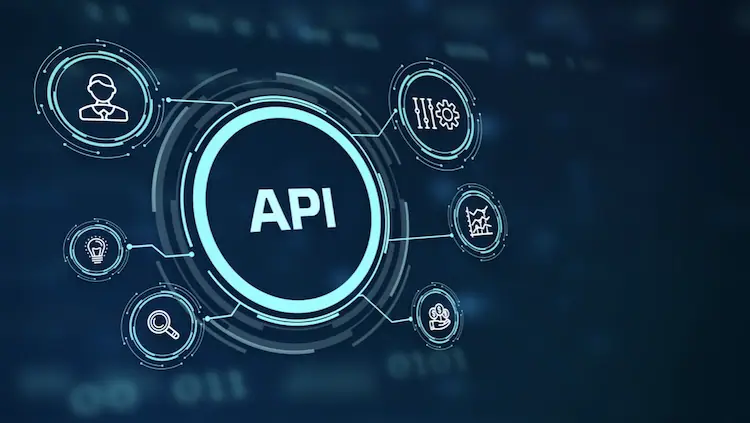ISO 27005 Risk Assessment Testing for Web Applications and APIs
The ISO/IEC 27005 standard provides guidelines on how to assess information security risks in organizations. This service focuses specifically on the application of these guidelines to web applications and APIs, providing a structured approach to identify, analyze, and mitigate potential threats to your digital assets.
Our testing process is designed to help you comply with regulatory requirements while enhancing your organization's overall cybersecurity posture. By conducting an ISO 27005-based risk assessment for web applications and APIs, we can help you:
- Evaluate potential security vulnerabilities in your digital assets
- Identify areas of high-risk exposure that require immediate attention
- Prioritize mitigation efforts based on identified risks
- Develop a comprehensive risk management framework tailored to your organization's unique needs
The process involves several key steps:
- Identification of assets, threats, and vulnerabilities
- Risk analysis using structured methodologies
- Development of risk treatment plans
- Implementation and monitoring of mitigation strategies
We employ a team of highly skilled cybersecurity experts who have deep knowledge in both the technical aspects of web applications and APIs as well as compliance with international standards. Our approach ensures that you receive actionable insights that can be implemented immediately to strengthen your security posture.
Why It Matters
The increasing reliance on digital platforms has made organizations more vulnerable than ever before. With every new technology comes new risks, and it is crucial for businesses to stay ahead of these threats. An ISO 27005-based risk assessment provides a clear roadmap for identifying and addressing potential issues before they become critical.
Our testing service helps you:
- Avoid costly downtime due to security breaches
- Meet regulatory compliance requirements such as GDPR, HIPAA, PCI DSS
- Enhance customer trust by demonstrating your commitment to data protection
- Protect sensitive information from unauthorized access or disclosure
Scope and Methodology
| Step | Description |
|---|---|
| Data Collection | We begin by gathering all relevant information about your web applications and APIs, including technical specifications, user profiles, and access controls. |
| Risk Identification | This involves identifying potential threats and vulnerabilities using both automated tools and manual assessments. We look at factors such as software architecture, coding practices, and third-party integrations. |
| Risk Analysis | Once identified, we analyze each risk based on its likelihood of occurrence and potential impact. This helps prioritize which risks require immediate attention. |
| Risk Treatment Planning | We work with you to develop a plan that addresses high-priority risks through preventive or corrective measures. |
Benefits
- Enhanced Security Posture: By identifying and addressing potential threats early, you can significantly reduce the risk of security breaches.
- Regulatory Compliance: Our testing ensures that your organization meets all relevant regulatory requirements, reducing legal risks.
- Improved Reputation: Demonstrating a proactive approach to cybersecurity can enhance customer trust and improve your overall brand image.
- Cost Savings: By preventing costly downtime and potential fines, you can save substantial amounts of money.





